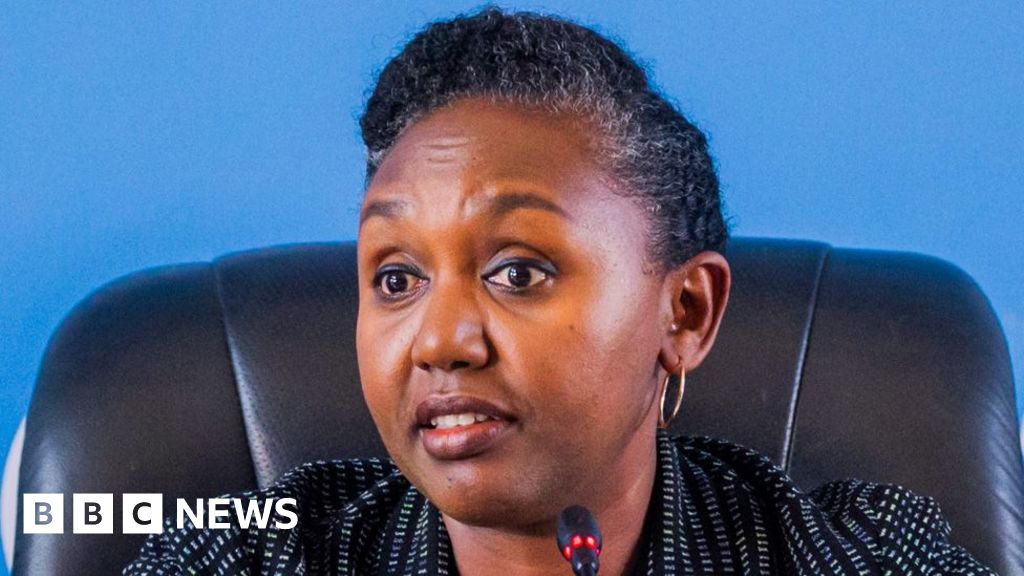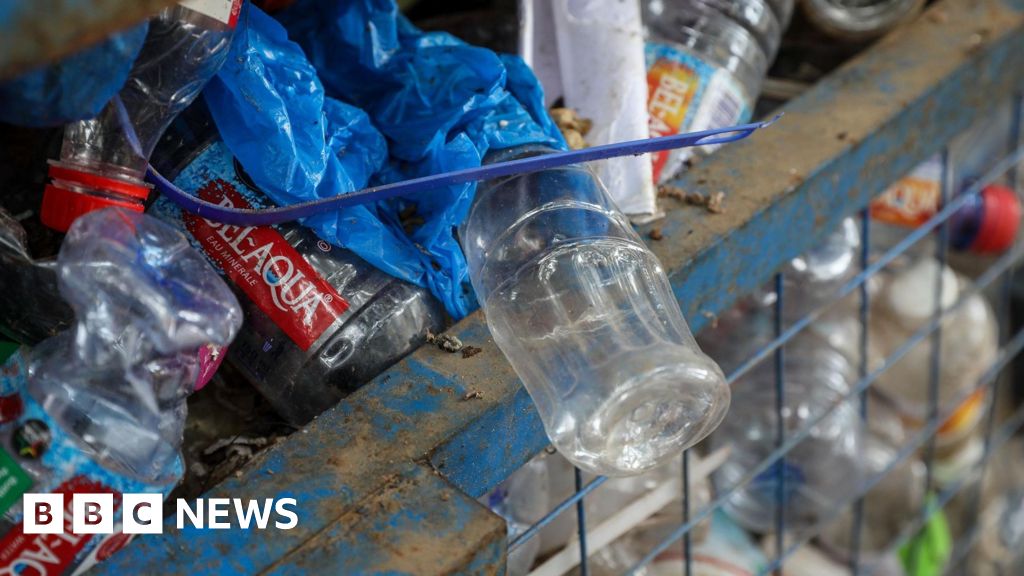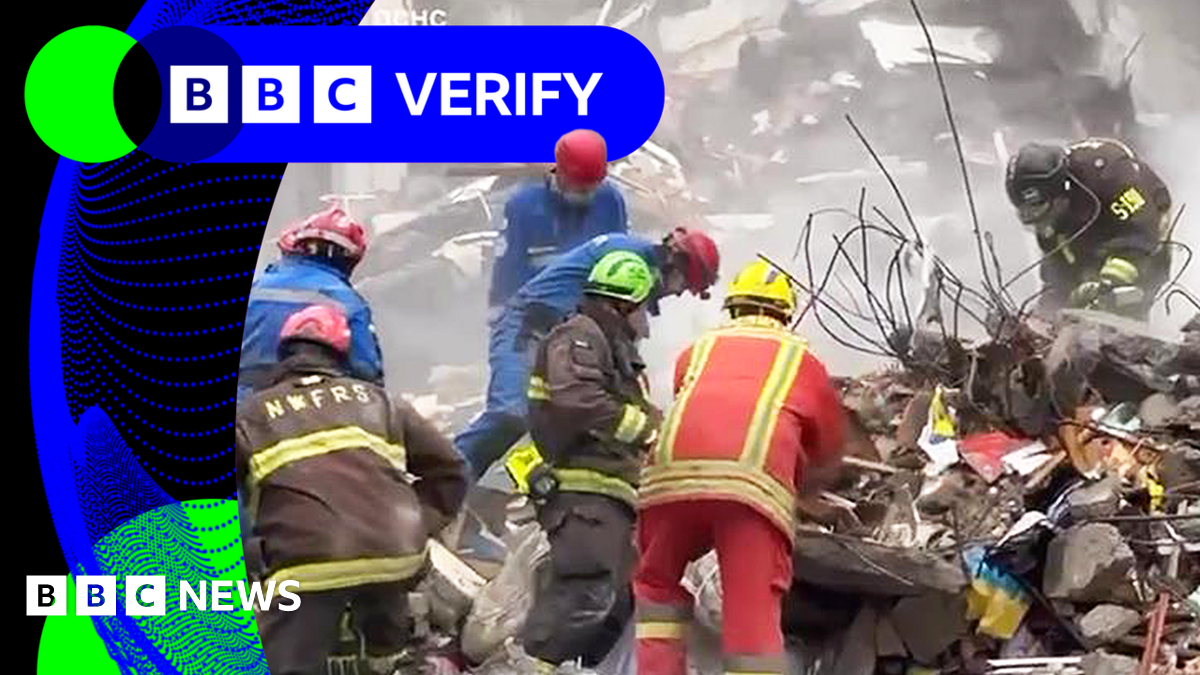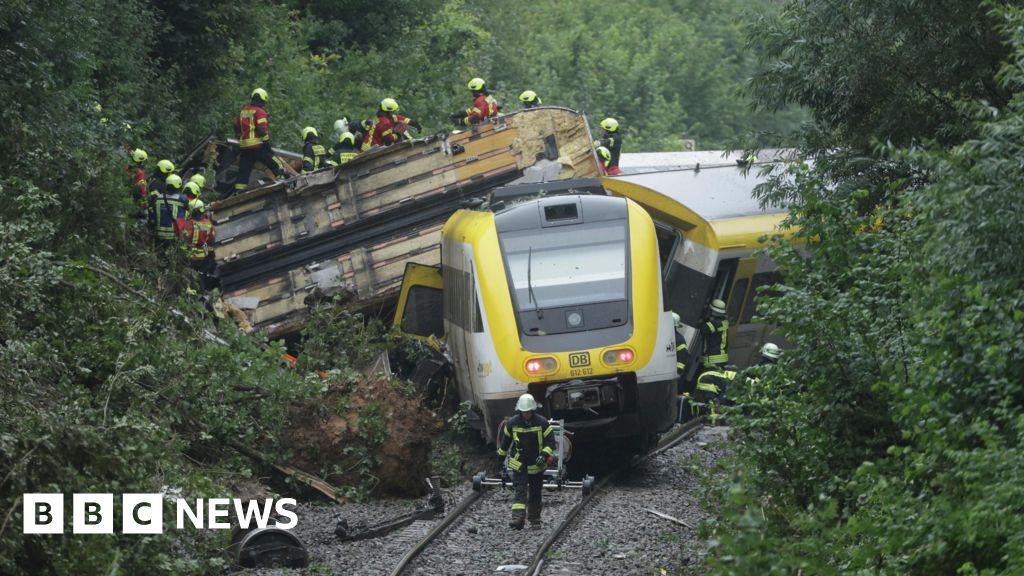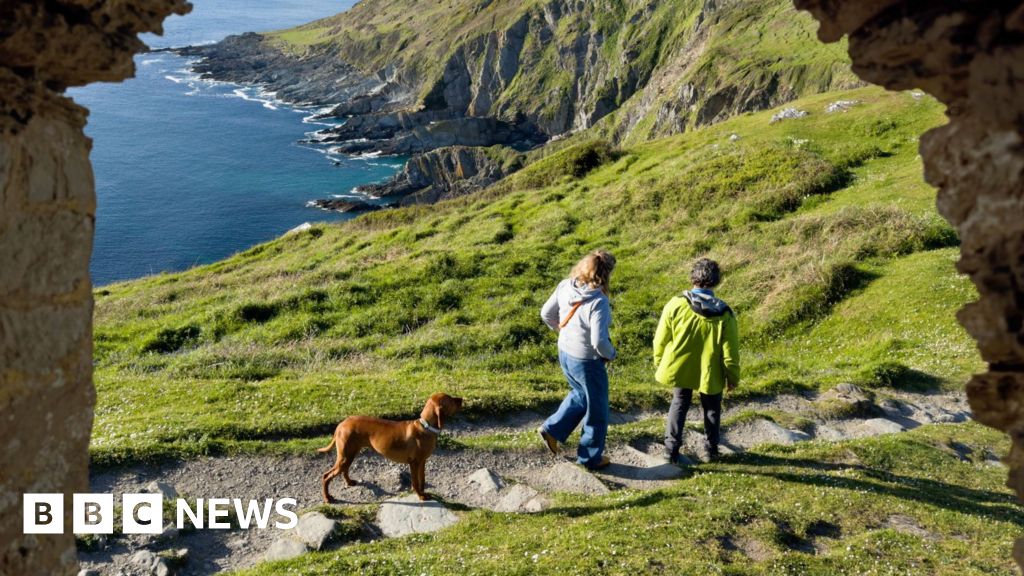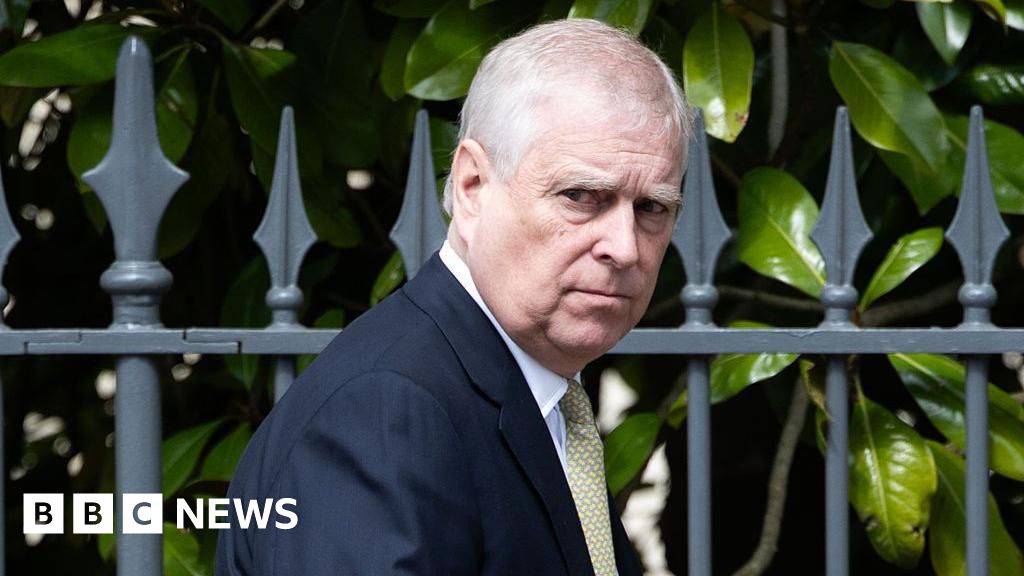Disinformation in the South China Sea: BBC's Fact-Checking and Verification
#disinformation #south_china_sea #bbc #fact-checking #verification
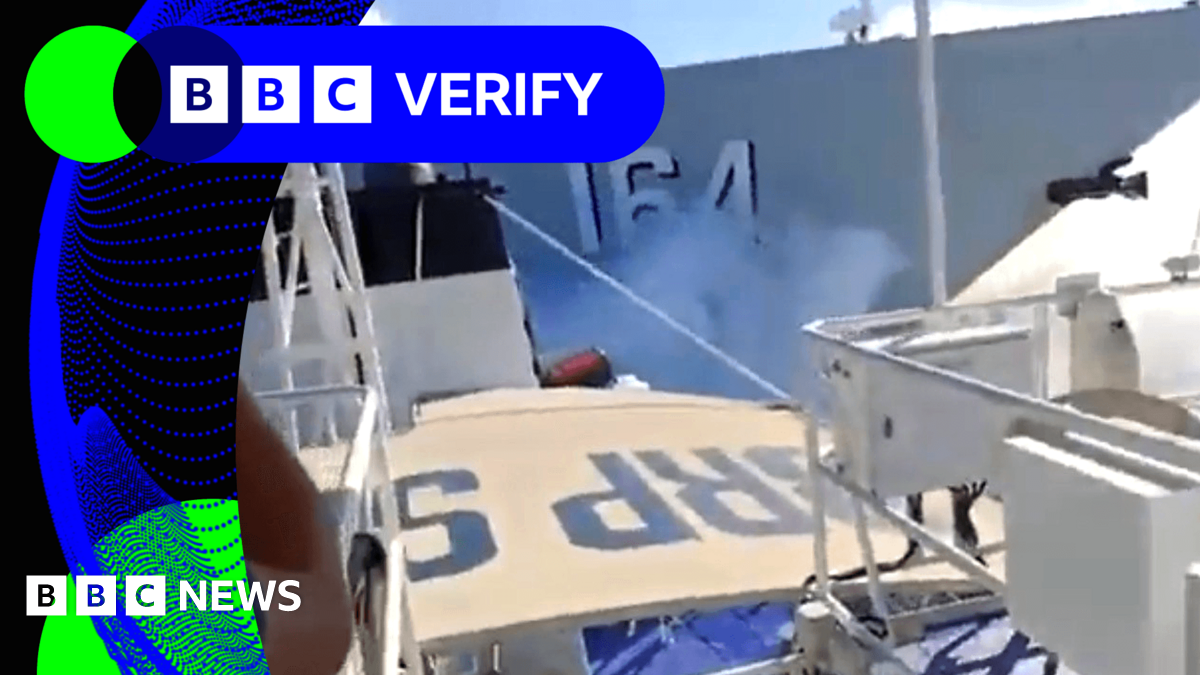
Introduction
The South China Sea has been a contentious region for decades, and recent footage of a collision between Chinese ships has raised concerns. The BBC, known for its fact-checking and verification expertise, provides the latest updates on this incident and the ongoing tensions in the area.
Key Details
The footage, which surfaced on social media, claims to show a collision between a Chinese Coast Guard ship and a fishing boat in the South China Sea. However, the BBC's specialists have found discrepancies in the video, raising questions about its authenticity. This is not the first time disinformation has been spread through manipulated or misleading footage in the region.
In fact, the BBC has reported on China's use of fake images and videos to support its claims in the South China Sea. This highlights the importance of fact-checking and verifying information, especially in a highly disputed area.
Impact
The spread of disinformation can have serious consequences, especially when it comes to geopolitical tensions. In the case of the South China Sea, false footage can fuel mistrust and escalate the already tense situation. It is crucial for the media and individuals to be vigilant and critical when consuming and sharing information, particularly in sensitive areas like the South China Sea.
The BBC's efforts in fact-checking and combating disinformation not only provide accurate and reliable information but also contribute to promoting
About the Organizations Mentioned
BBC
## Overview The British Broadcasting Corporation (BBC) is the world’s oldest and largest national broadcaster, serving as a cornerstone of public service media in the United Kingdom and beyond[1][2]. Headquartered in London, the BBC operates under a royal charter and is primarily funded by a television licence fee paid by UK households, ensuring its editorial independence from both government and commercial interests[1][2]. This model allows the BBC to fulfill its mission to “inform, educate, and entertain” with impartiality at its core[3]. ## History and Evolution The BBC was founded on October 18, 1922, as the British Broadcasting Company Ltd., evolving into a public corporation under royal charter on January 1, 1927[1][2]. Its first Director-General, John Reith, established principles of independence and public service that continue to guide the organization. The BBC launched its television service in 1936, pioneering broadcasting technology, and expanded globally with the BBC World Service in 1932, now broadcasting in 28 languages[1][2]. ## Key Achievements The BBC has been a trailblazer in broadcasting, introducing innovations such as regular television broadcasts, color TV, and digital platforms like BBC iPlayer[1][2]. It has earned a reputation for high-quality journalism, producing globally recognized programs in news, drama, and documentary. The BBC’s international arm, BBC Studios, commercializes content worldwide, while the BBC World Service remains a vital source of news in regions with limited press freedom[1]. The corporation has received numerous accolades, including the Queen’s Award for Enterprise for its international business achievements[1]. ## Current Status and Digital Transformation With over 21,000 employees, the BBC remains a dominant force in media, generating £5.4 billion in annual income, mostly from licence fees[2]. It operates multiple TV channels, radio stations, and a robust online presence, including BBC News Online and BBC.com[1
